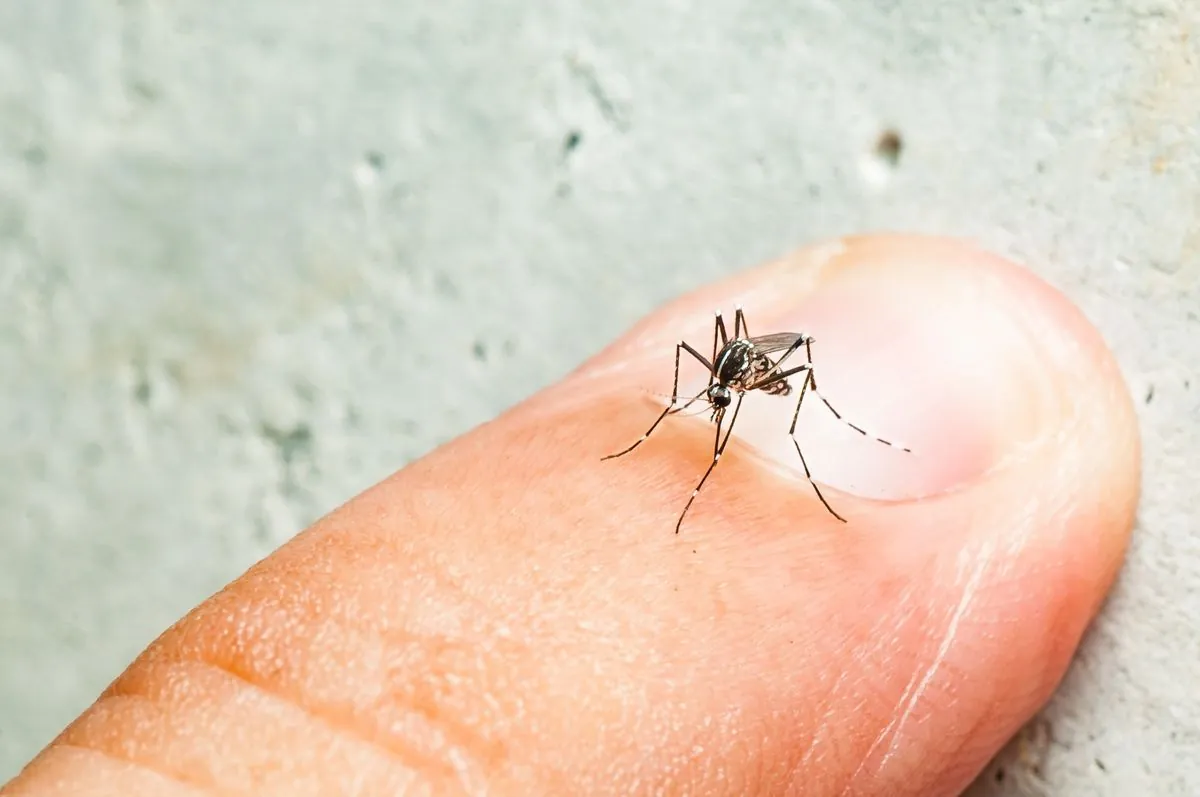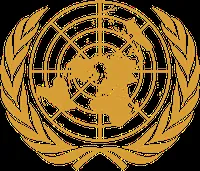Los Angeles Reports First Local Dengue Outbreak, Raising Climate Concerns
Los Angeles experiences its first locally transmitted dengue outbreak, with experts warning of potential undetected cases. The incident highlights the global spread of dengue, linked to climate change and expanding mosquito habitats.

Los Angeles County has reported its first locally transmitted dengue outbreak, marking an unprecedented event in the region's public health history. The Los Angeles County Department of Public Health has confirmed three cases in Baldwin Park, located approximately 30 minutes from Hollywood.
Barbara Ferrer, director of the Los Angeles County Department of Public Health, stated:
This outbreak is particularly significant as it represents the first instance of dengue transmission without ties to international travel in the area. Experts suggest that the actual number of cases may be higher than reported, given the city's lack of experience with dengue surveillance.
Dr. Danny Altmann, Professor of Immunology at Imperial College London, explained that dengue symptoms could easily be overlooked or misdiagnosed in regions unaccustomed to the disease. He noted that some cases might even be asymptomatic.
Dengue fever, transmitted by Aedes mosquitoes, typically manifests with symptoms including high fever, headache, body aches, nausea, and rash. In severe cases, known as dengue hemorrhagic fever, the mortality rate can exceed 50% without proper treatment.

The global incidence of dengue has increased dramatically over the past few decades. The World Health Organization (WHO) reported a surge from 505,430 cases in 2000 to 5.2 million in 2019. This rise is largely attributed to climate change, which creates favorable conditions for mosquito proliferation.
The disease, first recognized in the 1950s during epidemics in the Philippines and Thailand, is now endemic in over 100 countries across Africa, the Americas, the Eastern Mediterranean, South-East Asia, and the Western Pacific. Urban poor areas, suburbs, and rural regions are most severely affected.
Concurrent with the Los Angeles outbreak, Italy has recorded 25 locally acquired dengue cases since the start of summer 2024, with 23 cases reported in the last week alone. Most cases are linked to the Marche region in northeastern Italy, representing the area's first local outbreak.
Professor Alain Kohl, Chair in Virology at the London School of Hygiene and Tropical Medicine, emphasized the need for serious consideration of these developments. He stressed the importance of long-term planning and ensuring health systems are prepared for future challenges.
The expansion of Aedes mosquito habitats raises concerns about the potential spread of other mosquito-borne diseases such as Zika, Chikungunya, and Yellow Fever. As Dr. Altmann warned, the Los Angeles cases could be indicative of future trends in disease transmission.
As global temperatures continue to rise, public health officials and researchers are working to develop strategies to combat the spread of dengue and other mosquito-borne illnesses. The first dengue vaccine, Dengvaxia, was licensed in 2015, offering some hope in the fight against this expanding global health threat.


































